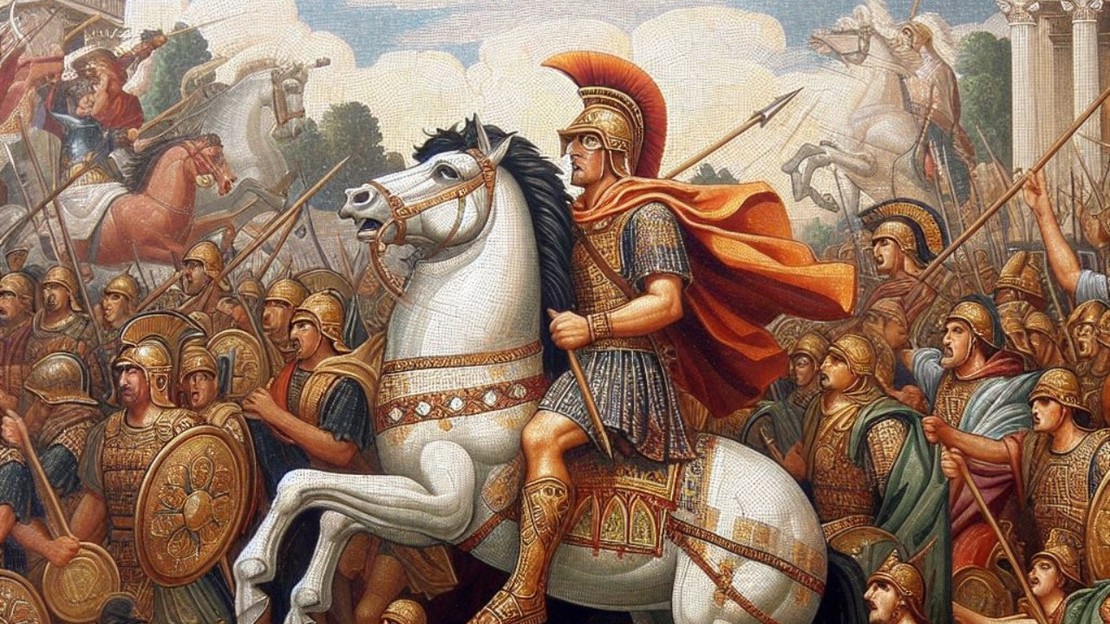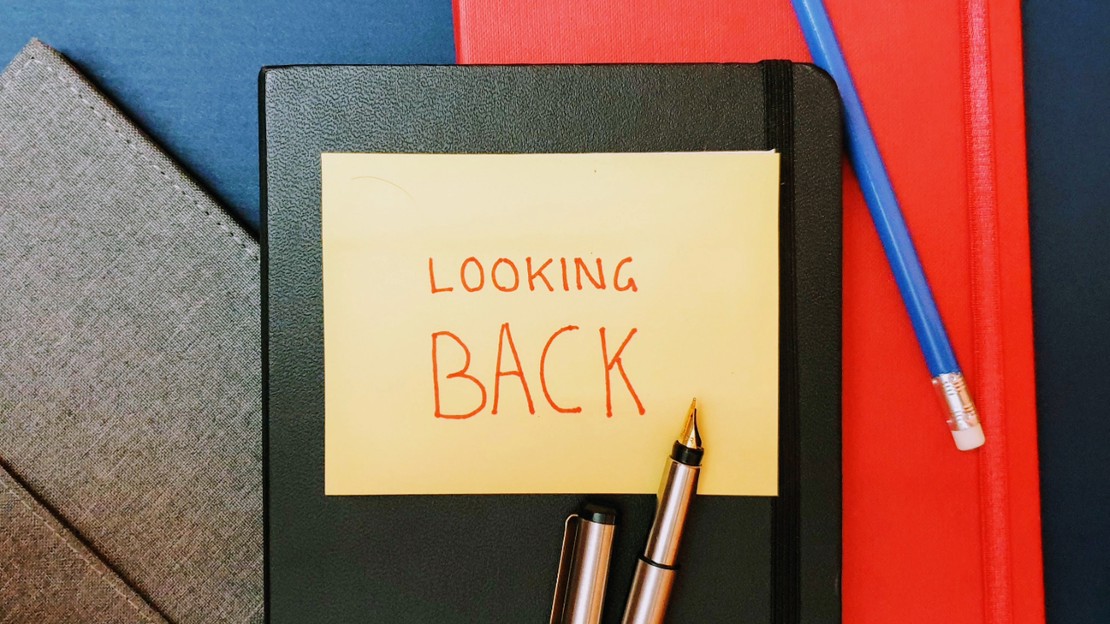
Five things I learnt from: 2020
- Shubhankar Nath
- Personal
- January 1, 2021
I vividly remember writing this piece up, in the same place, with same keystrokes and having same enthusiasm last year, so much so, that in my gut, I feel my past and present have somehow interlaced, conspiring against my sanity – experiencing both moments at once. We have made a complete circle around the Sun, experienced all the four seasons, yet my temporal comprehension seems to delude me into thinking 2019 was just yesterday. And when you are reading this, I know the feeling is mutual – the future and present interlaced. Here are things that I would want my future self to carry within, hope you find something for your future self too.
Delayed Gratification
The first and the best victory is to conquer self
The hedonists preach of ‘Live like today is your last’ is the single most damaging idea the masses have adopted. They will condemn you for structuring yourself, restraining from certain practices, being tied up tight on your rules. They will always shove you for having the best of time, now. They detest the idea of ‘discipline’; labeling it as something that does not let you live fully. These are often individuals who have never experienced the rewards of unidirectional efforts. They are slaves to instant gratification.
I am not asking you to take this just based of my opinion. This has 40 years of research backing it. The famous ‘Marshmallow Test’ in which toddlers were given a marshmallow with no one to observe in the room. They were instructed that if they could wait without eating it, they would get another. It seems like a cruel and tough task for the kids but those who delayed their gratification were tracked down decades later for their success. The ability to delay gratification among those kids is the single most common trait that could predict their success in future.
If you love yourself, you will restrain yourself, structure yourself ! Because you know you deserve the best. Immediate pleasure gives away big-time rewards. You need to set order to your most mundane activities otherwise chaos will consume you. Doing things repeatedly, constructively, not stammering at any impediments, to progress towards your purpose, is the best gift you can give yourself. No athlete becomes champion is a day, no writer puts up a bestseller overnight, quality demands cost and time. If delay your gratification, decline petty pleasures, the rewards are much larger. Discipline is the highest form of self-love . And yes, no love is sailed easy.
Absorbing
To form a reading habit was groundbreaking for me last year, my views and thoughts expanded exponentially. It was like as if a veil has been lifted before my eyes and suddenly, I knew, how much of the world was draped from me. However, I got one concept wrong, I was chasing a certain number of books I would read in the year – I thought reading a greater number means greater improvement. Contrastingly I found, that’s not how it works! Even though I read a lot (from my perspective) of books last year I could hardly recall a tenth of it and articulate even a tenth of that. So, this year, I picked only a handful of books and read it religiously, what I could not engrave in my mind by reading – I made notes about it, drew mind maps and absorbed it like a white shirt absorbs curry stains. Reading, comprehending, and then articulating is perhaps the best way to learn and if you could find someone to debate it with, it is even better.
Here are my top three books for that I could read this year:
-
Why we Sleep by Mathew Walker: Mathew is a sleep scientist and he gave a very scientific and practical approach to get more from your life just by sleeping. He starts with the origin of our sleep cycles and how it tracebacks to our single celled ancestors and ends with how it can be a medicine in modern high paced life.
-
The Great Influenza by John M. Barry: This book is a historical account of the deadliest plague known in human history. Also known as the ‘Spanish flu’, it killed at least 50 million people. It changed the course of the first world war and in a sense gave birth to modern medical science. Covid-19 is child’s play before this.
-
Happiness Hypothesis by Jonathan Haidt: It’s great, just read it.
Mortality
How could I go through this year without talking about Mortality? Everyone had a wakeup call of their mortality throughout this year, but for me it was not gloomy; it was humbling. And the best way to make you realize about how I fell, is I guess through a story, a real story.
Alexander IV of Macedonia or better known as Alexander the Great was born in 356 BC in a small tribal warring family. This was a time so long ago that even Jesus’s great grandfather was not born yet. Alexander was taught by none other than Aristotle, at age 16 he fought his first war and he succeeded his father by age 20. He started his expansion by defeating the Byzantines, and then marching eastwards. He was ruthless, fierce, had God complex, and commanded a disciplined army; he was very suspicious of his subordinates and never gave second thought to behead someone. He bought under control the much strong Persian Kingdom. It was said that his cavalry used long spears which made their appearance larger, a great handful of kingdoms simply surrendered to him just because they got frightened by the thunderous stomp of his cavalry’s disciplined march. He was unstoppable and he wanted to conquer the whole world. Although I do not find his conquests are the most profound thing about him.
Soon his army crossed river Jhelum and defeated King Porus (current day Punjab, India). He was ready to kill King Porus and conquer the Indian subcontinent but weirdly impressed by his bravery, he let him live and even gave him a title. This was so unlikely of him, something changed in him, he stopped intruding into India. Next to him was the rich kingdom of Nanda Dynasty but instead of waging war with them, he exchanged gifts and receded his army westwards along the coast of Arabian sea. Many say his army was tiered and did not wish to continue but there are no records of mutiny. On his journey back, he did not stop in Macedonia but went to the most westward place in Babylon, the Nebuchadnezzar’s (another great biblical King) Palace. It is rumored that he met an enlightened being during his time in India and found some supernatural experience, but we cannot know for sure (although there is a mention of a certain figure named Kalanos). He soon gets sick, and this mighty raging warrior is transformed into a wise figure, humbled and embraced by mortality. He died at an early age of 32, leaving no instruction for his succession. It is his last wishes that I find so captivating, it seems like he had this divine wisdom that he wanted the world to witness.
-
The best doctors should carry his coffin: Maybe he wanted to demonstrate that in the face of death, even the best doctors in the world have no power.
-
The wealth he accumulated should be scattered along the path procession to his grave: He wanted to showcase that all the material wealth he worked so hard to gather will not be with him when he dies.
-
His hands should be let loose, hanging outside the coffin for all to see: He might have wanted to symbolize that even the greatest of power one holds will be nothing in the face of death.
Flow
Mihaly Csikszentmihalyi (do not be embarrassed, no one gets it right at first; it’s mi-ha-yee cheeks-sent-me-high) wrote a book about flow and deserves a ‘Five things I learnt from…’ blog by itself but let me just squeeze it here. Mihaly was a holocaust survivor and he saw that in those inhuman and unspeakable situations also, people would find happiness and when the war was over and everyone became more prosperous, people could find a way to be dull and depressed. This amused him, he dedicated his life in the research of happiness. The ad nauseum of this relentless pursuit of materialism to find happiness is not new, Marcus Aurelius, Epictetus and other philosophers have said this too, but now we have data.
Mihaly found that “a person can make himself happy or miserable regardless of what is actually happening ‘outside’ just by changing the contents of his consciousness”. He delineates that one of the ways in which we can experience happiness is to put ourselves in a state called Flow.
It is a state in which people are so involved that nothing else matters, self-consciousness disappears, your concentration is so intense that you have none left for irrelevant matters and somehow the sense of time seems to be distorted. If you have ever involved your self in solving a tough problem, you might have experienced it. How can you experience it on Demand ?
By increasing your skill and taking tougher challenges. Flow is often experienced by skilled people like rock climbers, or a master pianist, they get so engrossed in their craft they do not worry about what is going to happen tomorrow or regret what has happened yesterday, they are in the moment and that’s one of the absolutely best feeling you can have. If you take up something too challenging, you will have anxiety, you take it too easy – you will be bored. If it is neither challenging nor taking use of some hard found skill you will be in apathy, like when you are watching TV, you will breathing but will not feel much alive.
Gratitude
I don’t know why but I have started appreciating the most mundane things in my life. The very water I am able to drink, how it quenches my thirst, not many people have access to clean water yet. The food that is on my table, where as 11% of the world population is malnourished. I was lucky to be born in such a place and such a time, it could have been a totally different story otherwise. And most importantly I grateful to be alive, so many died this year.
Out of the night that covers me,
Black as the pit from pole to pole,
I thank whatever gods may be
For my unconquerable soul.


